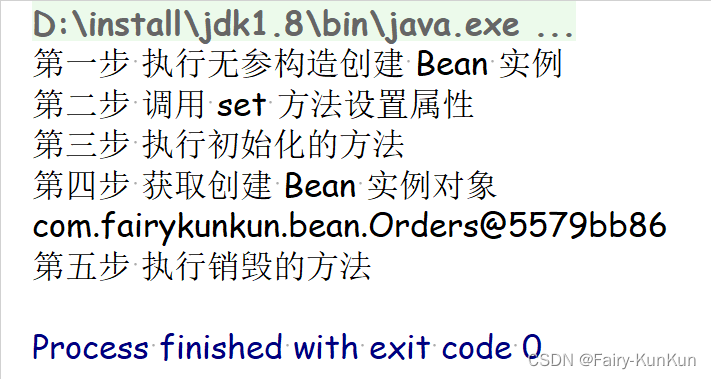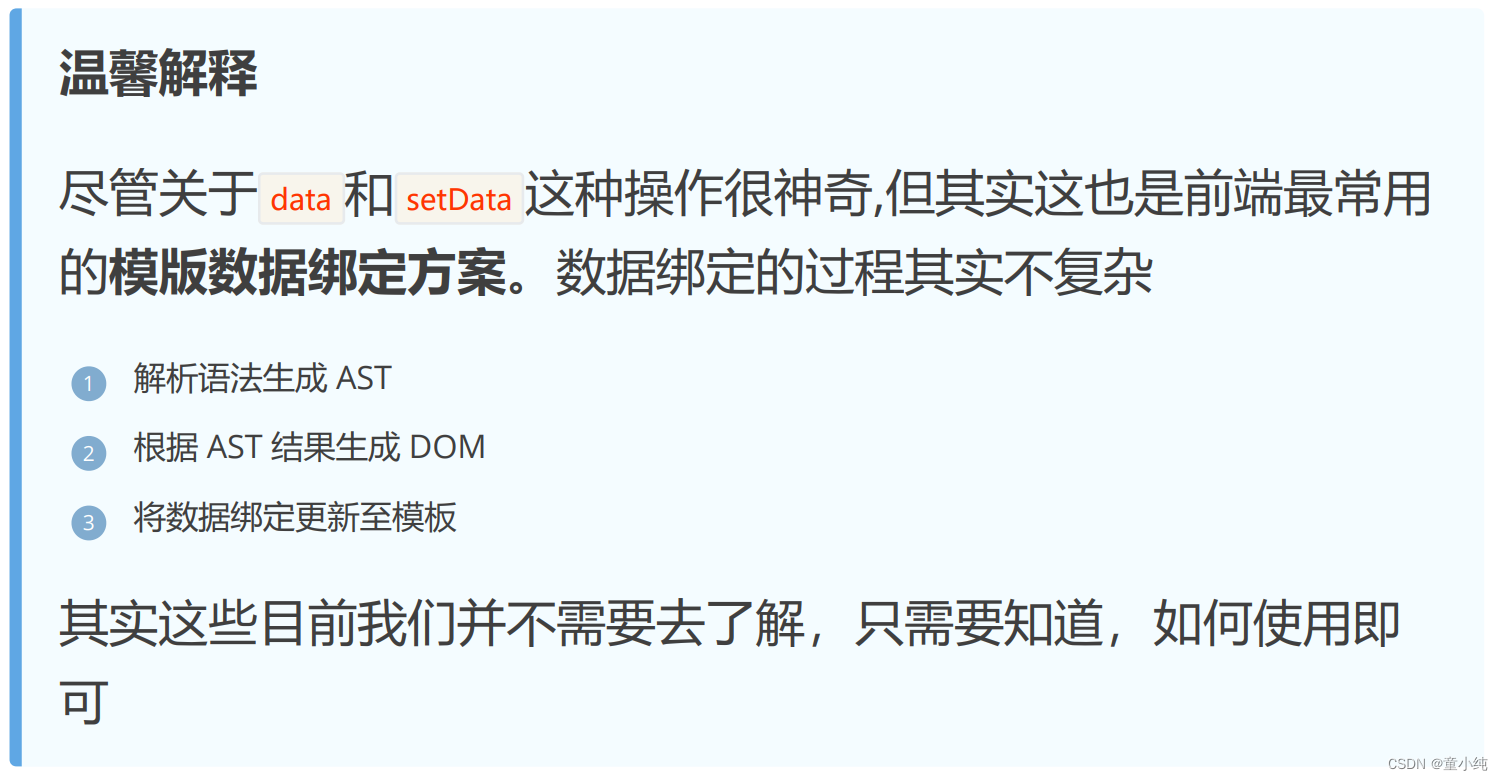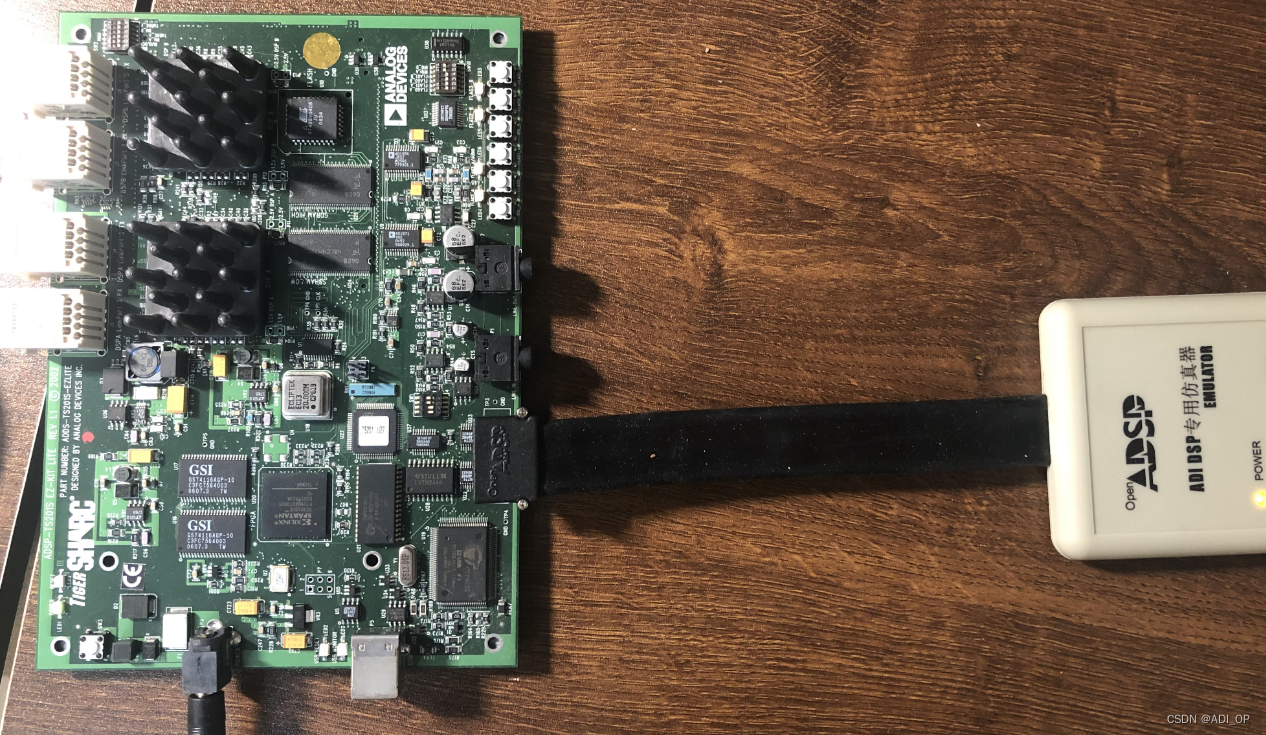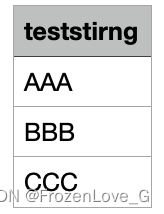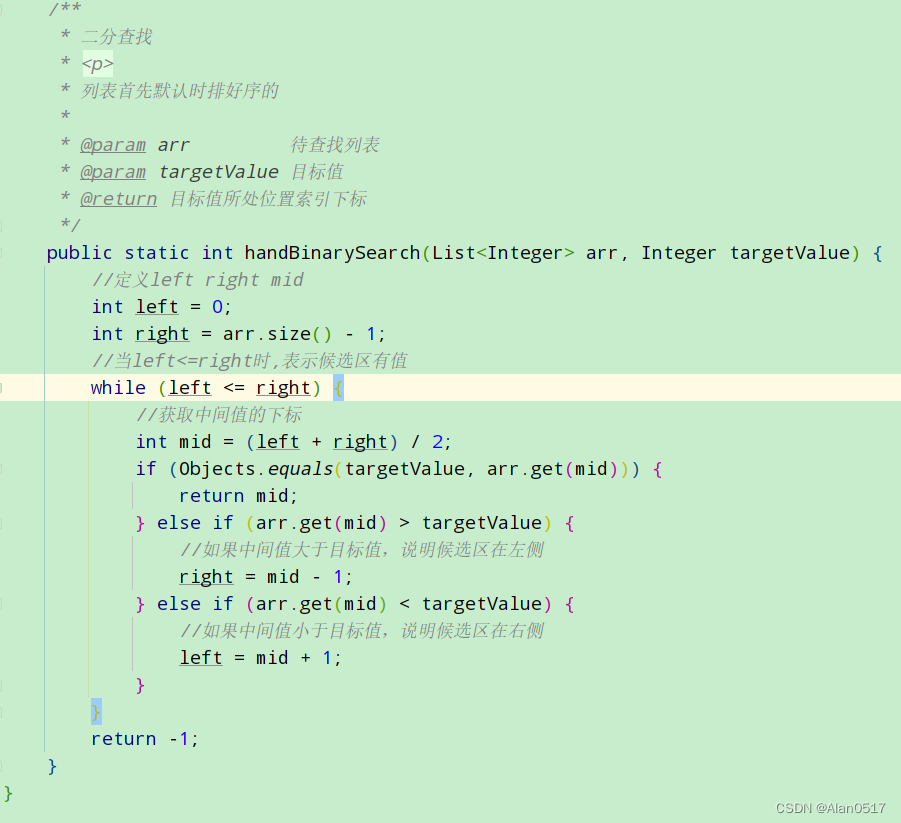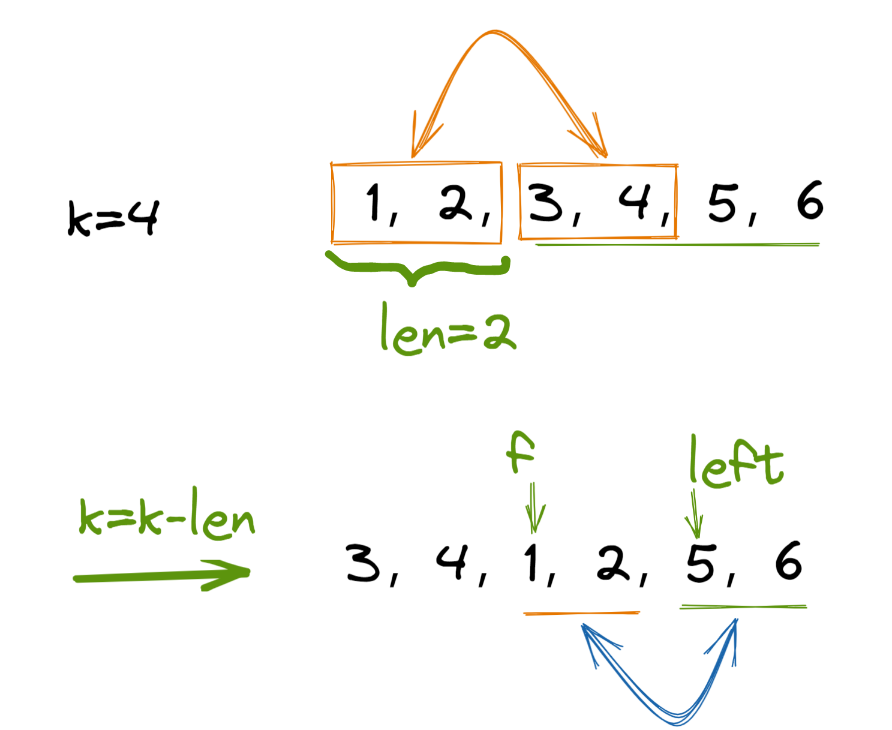定义于头文件 <algorithm>
算法库提供大量用途的函数(例如查找、排序、计数、操作),它们在元素范围上操作。注意范围定义为 [first, last) ,其中 last 指代要查询或修改的最后元素的后一个元素。
数据结构的堆物理结构是数组,逻辑结构是完全二叉树
从最大堆中移除最大元素
std::pop_heap| template< class RandomIt > | (1) | (C++20 前) |
| template< class RandomIt > | (C++20 起) | |
| template< class RandomIt, class Compare > | (2) | (C++20 前) |
| template< class RandomIt, class Compare > | (C++20 起) |
交换在位置 first 的值和在位置 last-1 的值,并令子范围 [first, last-1) 变为堆。这拥有从范围 [first, last) 所定义的堆移除首个元素的效果。
函数的首个版本使用 operator< 比较元素,这使堆成为最大堆。第二版本使用给定的比较函数 comp 。
参数
| first, last | - | 定义要修改的合法非空堆的元素范围 |
| comp | - | 比较函数对象(即满足比较 (Compare) 要求的对象),若首个参数小于第二个,则返回 true 。 比较函数的签名应等价于如下: bool cmp(const Type1 &a, const Type2 &b); 虽然签名不必有 const & ,函数也不能修改传递给它的对象,而且必须接受(可为 const 的)类型 |
| 类型要求 | ||
- RandomIt 必须满足值可交换 (ValueSwappable) 和 遗留随机访问迭代器 (LegacyRandomAccessIterator) 的要求。 | ||
- 解引用 RandomIt 结果的类型必须满足可移动赋值 (MoveAssignable) 和可移动构造 (MoveConstructible) 的要求。 | ||
返回值
(无)
复杂度
至多 2×log(N) 次比较,其中 N=std::distance(first, last).
注意
最大堆是拥有下列属性的元素范围 [f,l) :
- 设
N = l - f,对于所有0 < i < N,f[floor(i-1 2 )]不小于f[i]。 - 可用 std::push_heap() 添加新元素
- 可用 std::pop_heap() 移除首元素
调用示例
#include <iostream>
#include <algorithm>
#include <functional>
#include <vector>
#include <iterator>
#include <time.h>
using namespace std;
struct Cell
{
int x;
int y;
Cell &operator +=(const Cell &cell)
{
x += cell.x;
y += cell.y;
return *this;
}
bool operator <(const Cell &cell) const
{
if (x == cell.x)
{
return y < cell.y;
}
else
{
return x < cell.x;
}
}
};
std::ostream &operator<<(std::ostream &os, const Cell &cell)
{
os << "{" << cell.x << "," << cell.y << "}";
return os;
}
int main()
{
srand((unsigned)time(NULL));;
std::cout.setf(std::ios_base::boolalpha);
auto func1 = []()
{
int n = std::rand() % 10 + 100;
Cell cell{n, n};
return cell;
};
// 初始化cells1
vector<Cell> cells1(5);
std::generate(cells1.begin(), cells1.end(), func1);
// 生成堆
std::make_heap(cells1.begin(), cells1.end());
// 打印cells1
std::cout << "before pop_heap: ";
std::copy(cells1.begin(), cells1.end(), std::ostream_iterator<Cell>(std::cout, " "));
std::cout << std::endl;
std::cout << "is_heap: " << std::is_heap(cells1.begin(), cells1.end()) << std::endl;
std::cout << std::endl;
//交换在位置 first 的值和在位置 last-1 的值,并令子范围 [first, last-1) 变为堆。
std::pop_heap(cells1.begin(), cells1.end());
// 打印cells1
std::cout << "after pop_heap: ";
std::copy(cells1.begin(), cells1.end(), std::ostream_iterator<Cell>(std::cout, " "));
std::cout << std::endl;
std::cout << "is_heap: " << std::is_heap(cells1.begin(), cells1.end()) << std::endl;
std::cout << std::endl;
std::cout << std::endl;
std::cout << std::endl;
auto is_sortf = [](const Cell & a, const Cell & b)
{
if (a.x == b.x)
{
return a.y > b.y;
}
return a.x > b.x;
};
// 初始化cells2
vector<Cell> cells2(5);
std::generate(cells2.begin(), cells2.end(), func1);
// 生成堆
std::make_heap(cells2.begin(), cells2.end(), is_sortf);
// 打印cells1
std::cout << "before pop_heap: ";
std::copy(cells2.begin(), cells2.end(), std::ostream_iterator<Cell>(std::cout, " "));
std::cout << std::endl;
std::cout << "is_heap: " << std::is_heap(cells2.begin(), cells2.end(), is_sortf) << std::endl;
std::cout << std::endl;
//交换在位置 first 的值和在位置 last-1 的值,并令子范围 [first, last-1) 变为堆。
std::pop_heap(cells2.begin(), cells2.end(), is_sortf);
// 打印cells2
std::cout << "after pop_heap: ";
std::copy(cells2.begin(), cells2.end(), std::ostream_iterator<Cell>(std::cout, " "));
std::cout << std::endl;
std::cout << "is_heap: " << std::is_heap(cells2.begin(), cells2.end(), is_sortf) << std::endl;
return 0;
}
输出

